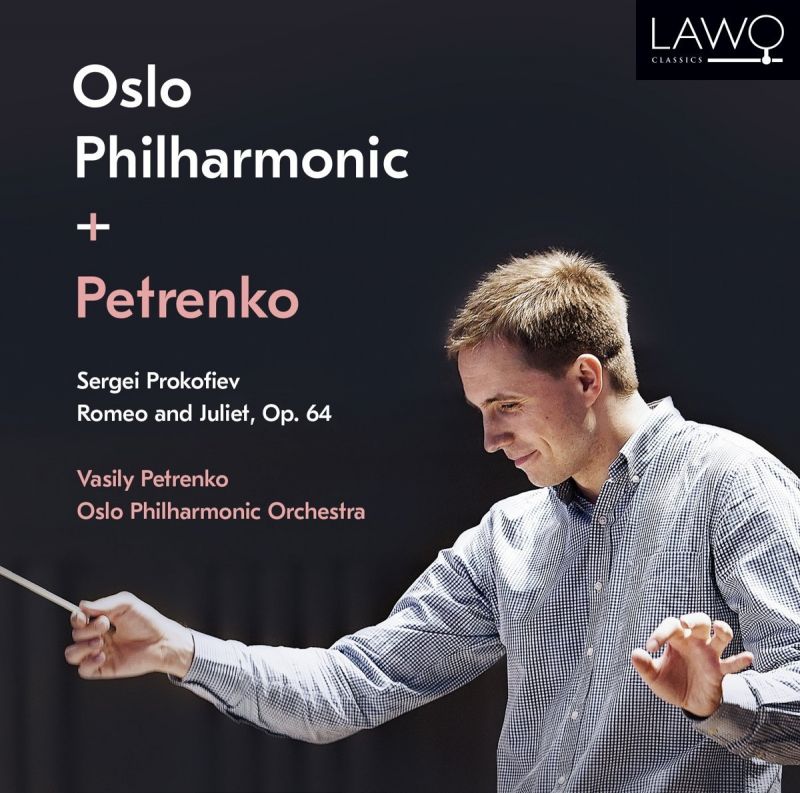PROKOFIEV Romeo and Juliet
View record and artist detailsRecord and Artist Details
Composer or Director: Sergey Prokofiev
Genre:
Orchestral
Label: Lawo
Magazine Review Date: 12/2016
Media Format: CD or Download
Media Runtime: 144
Mastering:
DDD
Catalogue Number: LWC1105

Tracks:
| Composition | Artist Credit |
|---|---|
| Romeo and Juliet |
Sergey Prokofiev, Composer
Oslo Philharmonic Orchestra Sergey Prokofiev, Composer Vasily Petrenko, Conductor |
Author: David Gutman
In place of Soviet-style weight, Petrenko wields a new broom. His tempi are often too extreme for dancing, or for fencing, come to that. Sections within numbers are refreshed unpredictably, sometimes slowed, more often swift, voicings tweaked to expose long-buried lines or surprising points of colour. The music sounds less implacably Russian that it does under Gergiev, whose concentration may come and go – he lacks fire in the earlier fight scenes – but whose overall approach is nothing if not idiomatic. Petrenko refuses to overplay the emotional conflicts latent in the music. Favouring parody over pomp (for example, track 8’s ceremonial ‘Interlude’, in which Gergiev is a third slower), his ‘Young Juliet’ (track 10) really is young, bouncing from one activity to another as if suffering from attention deficit disorder.
Neither set includes the material Prokofiev discarded when revamping his original 1935 ballet, the one with the non-Shakespearean ‘happy ending’, in which the protagonists do not die but are ‘released’ as Christian Science contends ‘from the false reality of their material being’. On the plus side, Petrenko has a proper chamber organ in the ‘Balcony Scene’, where Gergiev resorts to solo strings. Elsewhere, an interpretation designed to underline the fragility of young love risks coming across as relatively inconsequential until we near the final curtain. Is this psychological insight or an unwillingness to engage?
Discover the world's largest classical music catalogue with Presto Music.

Gramophone Digital Club
- Digital Edition
- Digital Archive
- Reviews Database
- Full website access
From £8.75 / month
Subscribe
Gramophone Full Club
- Print Edition
- Digital Edition
- Digital Archive
- Reviews Database
- Full website access
From £11.00 / month
Subscribe
If you are a library, university or other organisation that would be interested in an institutional subscription to Gramophone please click here for further information.




